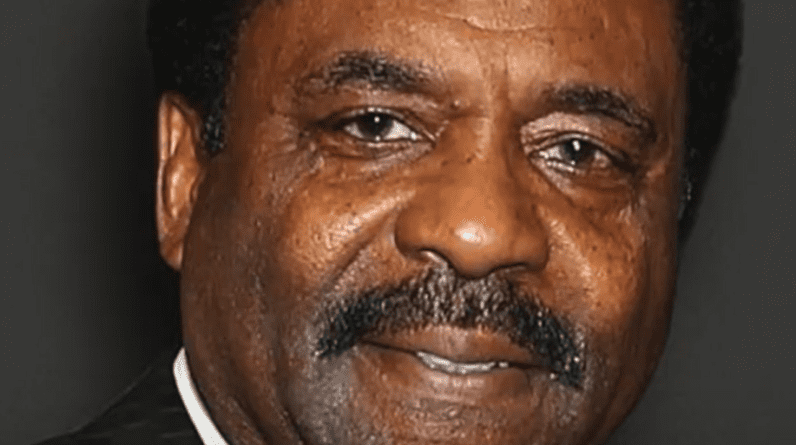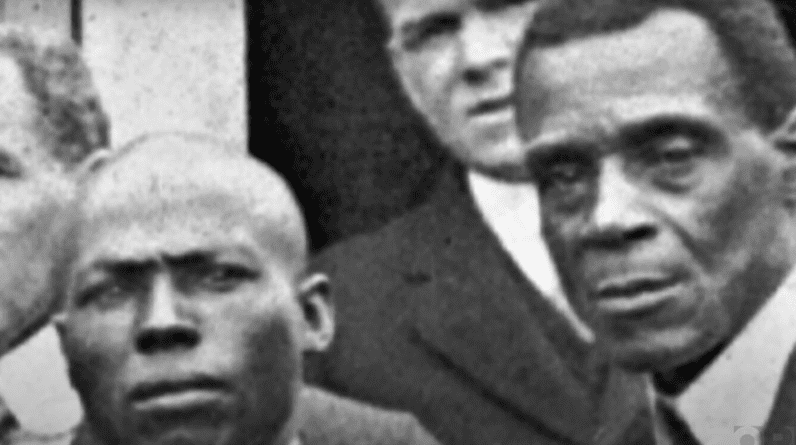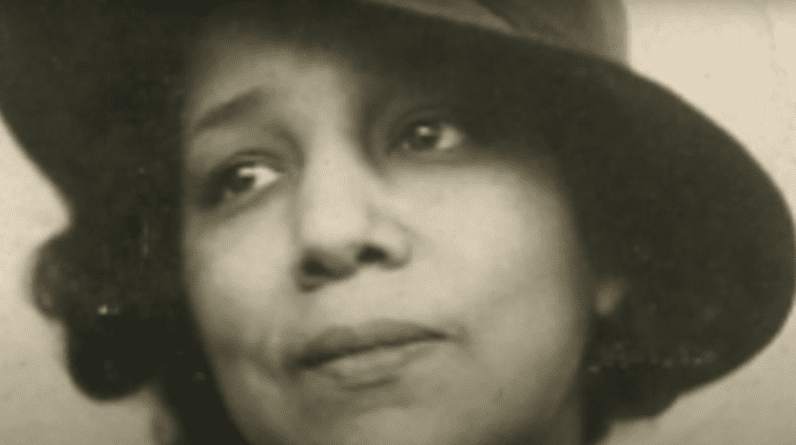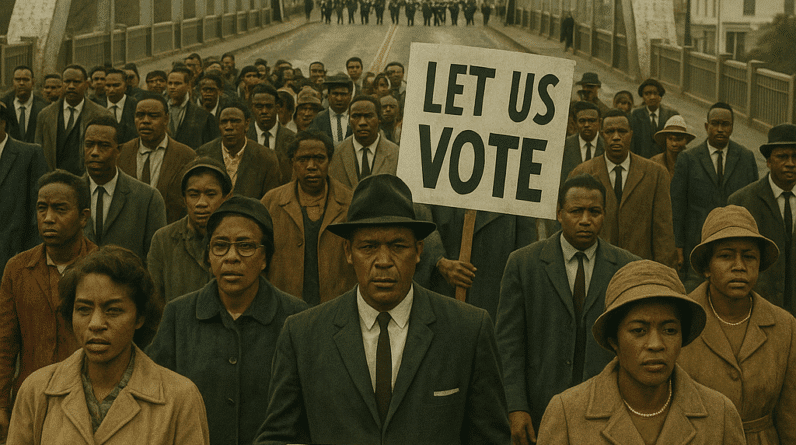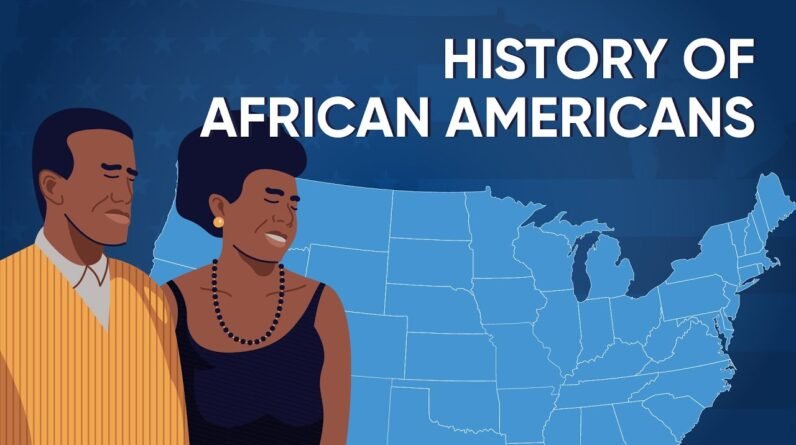
Origins of African American Surnames
Origins of African American Surnames. Imagine uncovering the rich tapestry of your family history by exploring the origins of African American surnames. Delve into the fascinating world of ancestral connections and the stories behind the names that have been passed down through generations. From the early days of slavery to the present, these surnames not only provide a glimpse into the past, but also reflect the resilience and strength of an entire community. Join us on a journey of discovery as we explore the captivating origins of African American surnames.

This image is property of images.pexels.com.
Introduction
In this article, we will explore the fascinating history and evolution of African American surnames. From the dark times of the Transatlantic Slave Trade to the present day, the naming practices of African Americans have been shaped by a complex blend of historical, cultural, and social factors. We will delve into the origins of these surnames, the impact of significant historical events such as the Emancipation Proclamation and the Civil Rights Movement, and the contemporary trends in African American naming practices. By understanding this rich history, we can gain a deeper appreciation for the significance of surnames within the African American community.
Historical Context
The Transatlantic Slave Trade
The roots of African American surnames can be traced back to the horrifying era of the Transatlantic Slave Trade. Between the 16th and 19th centuries, millions of Africans were forcibly taken from their homes and transported to the Americas as slaves. During this brutal journey, enslaved Africans were stripped of their identities, including their original names, as they were treated as mere commodities. This loss of personal identity was a deliberate attempt to dehumanize them and reinforce the system of slavery.
Enslaved Africans and Slave Owners
Once enslaved Africans arrived in the Americas, they were subjected to unimaginable hardships and cruelty. Many were forced to adopt the surnames of their slave owners, further erasing their individual cultural and familial identities. These surnames were often bestowed upon them by their white masters, reflecting the owner’s family name or geographical origins. Consequently, African American surnames became a painful reminder of the oppressive institution of slavery.
Naming Practices During Slavery
Although enslaved Africans were forced to adopt their owners’ surnames, they found creative ways to preserve elements of their cultural heritage. They sometimes incorporated their original African given names as middle names or used African naming customs when naming their children born into slavery. These practices allowed African Americans to maintain a sense of identity and honor their ancestral roots to some extent, even amidst the harsh realities of slavery.

This image is property of images.pexels.com.
Slavery and Surnames
Enslaved Africans’ Original Names
The original names of enslaved Africans were often specific to their individual tribes, ethnic groups, or regions of Africa. These names carried deep cultural and symbolic meanings, reflecting the values, beliefs, and histories of their respective cultures. Unfortunately, the loss of these names during slavery represented yet another tragic aspect of the African American experience, as connections to their African origins were severed.
Forced Name Changes
Under the oppressive institution of slavery, enslaved Africans had no control over their own identities, including their names. Slave owners would often assign new names to their slaves, disregarding their individual backgrounds. These new names were typically anglicized or based on the slave owner’s personal preferences, making it difficult for the enslaved individuals to maintain a sense of self and cultural heritage. This forced renaming further emphasized the power dynamics and dehumanization inherent in the institution of slavery.
Adopting Slave Owners’ Surnames
One of the most significant impacts of slavery on African American surnames was the adoption of the slave owners’ surnames. Enslaved individuals were regularly given their owners’ last names, resulting in the prevalence of surnames such as Johnson, Jackson, and Williams among African Americans today. These surnames became enduring reminders of the historical oppression and subjugation faced by African Americans and their ancestors.
The Emancipation Proclamation
Impact on African American Naming Practices
The Emancipation Proclamation, issued by President Abraham Lincoln in 1863, declared the freedom of all slaves in Confederate territory. This historic document had a profound impact on African American naming practices. For the first time in generations, enslaved individuals were free to make choices about their own lives, including their names. This newfound freedom offered an opportunity to reclaim their cultural identities and establish their own surnames.
Choosing New Surnames
With the Emancipation Proclamation, many African Americans embraced the chance to choose new surnames that reflected their personal identities and aspirations for the future. Some individuals returned to their original African surnames or adopted names that symbolized their newfound freedom. Others selected names associated with African American leaders, heroes, or local landmarks. These deliberate naming choices allowed African Americans to reshape their identities and reclaim a sense of empowerment that had long been denied to them.

The Reconstruction Era
Legal Recognition of Freedmen
Following the end of the Civil War, the Reconstruction Era sought to rebuild the United States, particularly in the Southern states where slavery had been most prevalent. As part of this reconstruction, legislation was passed to legally recognize the freedom and civil rights of formerly enslaved individuals, known as freedmen. This legal recognition played a crucial role in shaping African American naming practices during this time.
Birth of ‘Freedmen’s Bureau’ Surnames
During the Reconstruction Era, the Freedmen’s Bureau was established to assist freedmen in various aspects of their lives, including education, employment, and legal matters. As a way to legitimize the newly freed individuals and provide them with legal documentation, the Freedmen’s Bureau often assigned surnames to those who did not already have one. These surnames were often based on the location of the former slaves or using generic surnames such as Freeman or Liberty. These names provided a sense of identity and legal recognition to the freedmen, but also further erased the connections to their African or slave owner origins.
The Great Migration
Shifts in African American Population
The Great Migration, which spanned from the early 20th century to the 1970s, saw millions of African Americans leaving the rural South and relocating to urban areas in the North, Midwest, and West. This mass movement of African Americans had a significant impact on naming practices, as they sought to establish new lives and identities in their new locations.
Urbanization and Surname Changes
With the migration from rural to urban areas, African Americans experienced a shift in naming practices. The urban environment provided opportunities for social and cultural change, leading to increased diversity in African American surnames. Some individuals chose to anglicize their names to assimilate into urban culture, while others adopted new surnames that reflected their aspirations and new lifestyles. This urbanization marked a period of transformation and adaptation for African American naming practices.
Cultural Influences on Surnames
Religious and Biblical Names
Religion has played a significant role in African American communities, and this influence has extended to naming practices as well. Many African Americans have adopted religious or biblical names for their children, reflecting their deep faith and connection to their religious communities. These names often carry powerful meanings and serve as a way to express religious devotion and values within the African American community.
African and Afro-Caribbean Influences
As African Americans sought to reconnect with their African heritage and embrace their roots, African and Afro-Caribbean naming practices have influenced contemporary African American surnames. African and Afro-Caribbean names are often characterized by their rich linguistic and cultural diversity, incorporating elements such as unique sounds, rhythms, and meanings. By adopting these names, African Americans are reclaiming their ancestral connections and celebrating their African heritage.
The Civil Rights Movement
Reclaiming African Heritage
The Civil Rights Movement of the 1950s and 1960s marked a crucial turning point in African American history, as individuals and communities fought for racial equality and justice. This pivotal moment also had an impact on African American naming practices, as many individuals sought to reclaim their African heritage and challenge the conventions imposed upon them during slavery.
Inspiring Surname Changes
During the Civil Rights Movement, some African Americans chose to change their surnames as an act of empowerment and defiance against the systemic racism and oppression they faced. By adopting African-inspired surnames, individuals sought to assert their pride in their African roots and reject the surnames associated with their history of enslavement. These surname changes represented a powerful statement about identity and cultural heritage.
Contemporary Naming Practices
Hyphenated Surnames
Contemporary African American naming practices have witnessed a rise in the use of hyphenated surnames. This trend reflects a desire to honor both ancestral connections and personal identities. Hyphenated surnames allow individuals to incorporate both their African American heritage and any other cultural influences or familial connections they may have. This practice demonstrates the ongoing evolution and complexity of African American identity.
African-Inspired Names
In recent years, there has been a resurgence of African-inspired names among African Americans. These names often draw on the rich cultural traditions and languages of various African countries, allowing individuals to celebrate their African ancestry and cultivate a strong sense of cultural pride. By choosing African-inspired names, African Americans are reclaiming their heritage and affirming their cultural identity.
Unique and Creative Surnames
Contemporary African American naming practices also reflect a growing trend towards unique and creative surnames. Some individuals choose to create entirely new surnames, often based on personal interests, hobbies, or aspirations. These unique surnames reflect a desire for individuality and self-expression, showcasing the diversity and creativity within the African American community.
Future Perspectives
Continued Evolution of African American Surnames
As African American communities continue to evolve, so too will their naming practices. The history and experiences of African Americans have shaped the significance of surnames within the community, and this will undoubtedly continue to evolve in the future. African Americans will continue to navigate the complexities of their identities and forge new naming traditions that honor their past while embracing the diversity of their present and future.
Impact of Globalization and Immigration
In an increasingly interconnected world, the impact of globalization and immigration cannot be ignored when considering the future of African American surnames. As African Americans interact with individuals from different cultures and backgrounds, their naming practices may be influenced by these encounters. Immigrant communities within the United States may also contribute to the diversification of African American surnames, as cultural exchange and integration continue to shape naming traditions.
FAQs – Unraveling the Origins of African American Surnames
Surnames serve as enduring markers of identity, bearing witness to the intricate tapestry of familial lineage and cultural heritage. For African Americans, the journey of surnames is deeply intertwined with the legacy of slavery, emancipation, and cultural resilience. Let’s embark on a captivating exploration of the origins and evolution of African American surnames.
1. What were the origins of African American surnames?
The origins of African American surnames can be traced back to the tumultuous era of slavery, where the brutal machinery of oppression exerted a profound influence on naming practices. Enslaved Africans often arrived in the New World stripped of their native names, and instead, were assigned surnames by slaveowners for administrative convenience or as a means of asserting ownership.
2. How were African American surnames influenced by slavery?
The institution of slavery cast a long shadow over the development of African American surnames, shaping both their form and meaning. Slaveowners wielded absolute control over the lives of their chattel, including the power to bestow names that reflected their whims, lineage, or economic interests. As a result, many African American surnames bore the indelible imprint of the dehumanizing system of slavery.
3. Did enslaved Africans have surnames before arriving in America?
In many cases, enslaved Africans did not possess surnames in the traditional Western sense before arriving in America. Instead, they often carried names derived from their ethnic or linguistic backgrounds, such as personal names or clan designations. However, upon being captured and sold into slavery, these ancestral names were frequently supplanted by surnames imposed by slave traders or plantation owners.
4. Were African American surnames chosen by individuals or assigned by slaveowners?
During the era of slavery, African American surnames were predominantly assigned by slaveowners, reflecting the power dynamics inherent in the institution of chattel slavery. Enslaved individuals had little agency in determining their own names, which were often bestowed upon them without regard for their cultural or personal identities. However, some enslaved individuals did adopt surnames of their own choosing as acts of resistance or self-assertion.
5. What were some common themes or patterns in African American surnames during slavery?
African American surnames during slavery often reflected a range of themes and patterns, including familial connections, geographic origins, physical attributes, or occupations. Surnames like Freeman, Carpenter, or Fields were indicative of occupations commonly held by enslaved individuals, while others, such as Rivers, Hill, or Forrest, evoked geographic landscapes or features.
6. How did African American surnames change after emancipation?
After emancipation, African Americans experienced a newfound sense of autonomy and agency in determining their own surnames. Many chose to retain the surnames assigned to them during slavery, viewing them as a link to their familial past and ancestral heritage. Others opted to adopt new surnames that reflected their aspirations, occupations, or geographic origins, symbolizing a fresh start and a break from the shackles of the past.
7. Were there variations in surnames based on geographic regions or plantation locations?
Yes, there were variations in African American surnames based on geographic regions, plantation locations, and cultural influences. Surnames often reflected the diverse linguistic, ethnic, and regional backgrounds of enslaved Africans, with variations emerging based on factors such as migration patterns, settlement histories, and local naming customs.
8. Did African Americans adopt new surnames after gaining freedom?
Yes, many African Americans adopted new surnames after gaining freedom as a means of asserting their identities and reclaiming their autonomy. Some chose names inspired by biblical figures, historical leaders, or natural phenomena, while others selected names that reflected their occupations, aspirations, or familial ties. Additionally, some African Americans reclaimed ancestral surnames or embraced names associated with their African heritage.
9. What cultural influences shaped the development of African American surnames?
A myriad of cultural influences shaped the development of African American surnames, including African, European, and indigenous American traditions. African naming customs, such as the use of descriptive or aspirational names, often intertwined with European naming conventions introduced during slavery, resulting in a rich tapestry of names that reflected diverse cultural influences and historical legacies.
10. Are there resources available for tracing the origins of specific African American surnames?
Yes, there are resources available for tracing the origins of specific African American surnames, providing valuable insights into family histories and ancestral connections. Online databases, archival records, and genealogical societies offer access to digitized records, historical documents, and genealogical research tools that can aid in tracing the origins and meanings of individual surnames. Additionally, DNA testing services and oral history interviews may provide further clues and context for understanding the origins of African American surnames.
In conclusion, the history of African American surnames is a testament to the strength, resilience, and creativity of the African American community. From the horrors of slavery to the triumphs of the Civil Rights Movement, African Americans have navigated a complex journey of self-discovery, cultural reclamation, and identity formation. The evolving nature of African American surnames reflects the ongoing quest for empowerment, cultural pride, and the reaffirmation of African heritage. By understanding this history and appreciating the diversity of contemporary naming practices, we can honor the legacy of African Americans and celebrate the richness of their cultural contributions.


